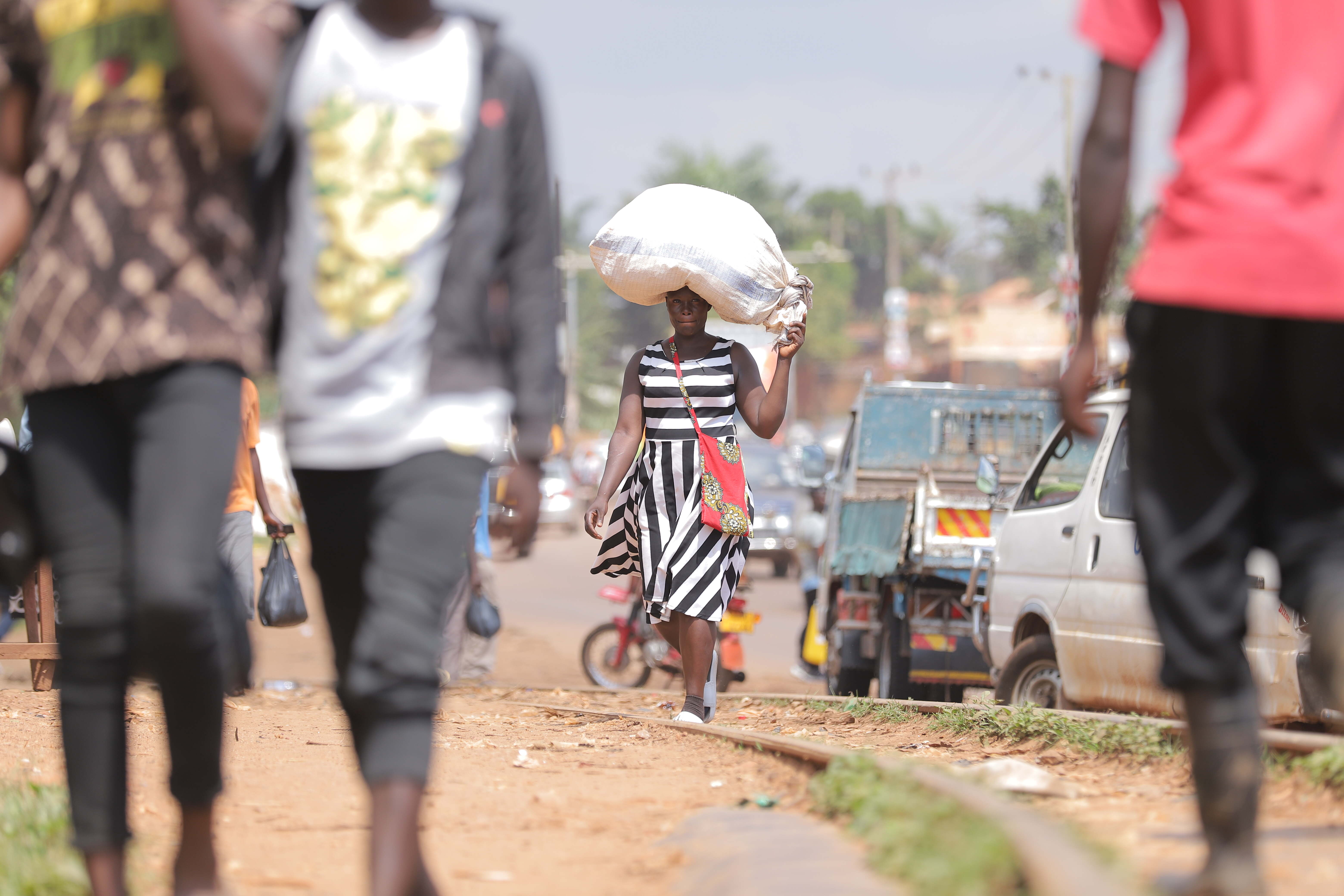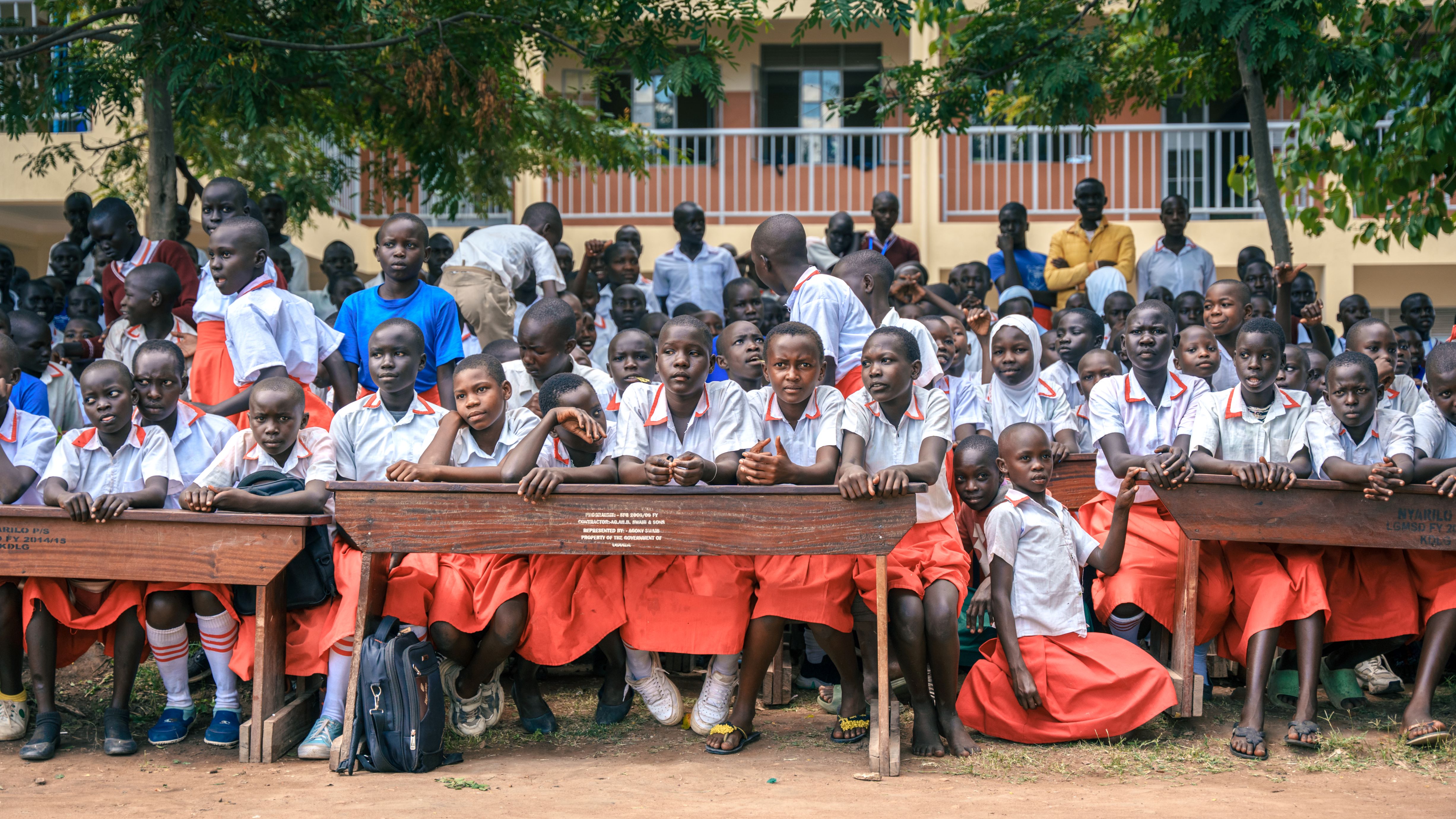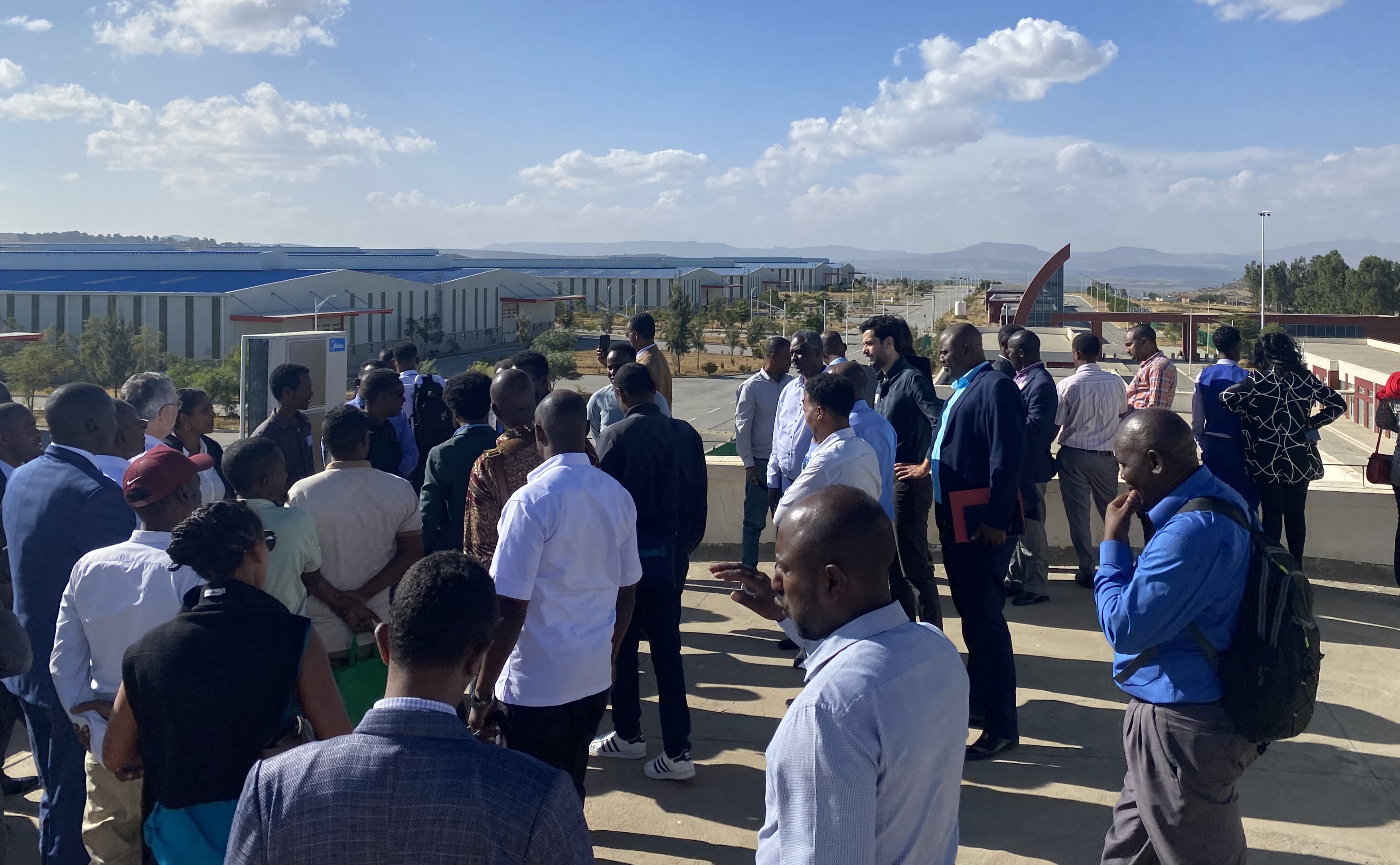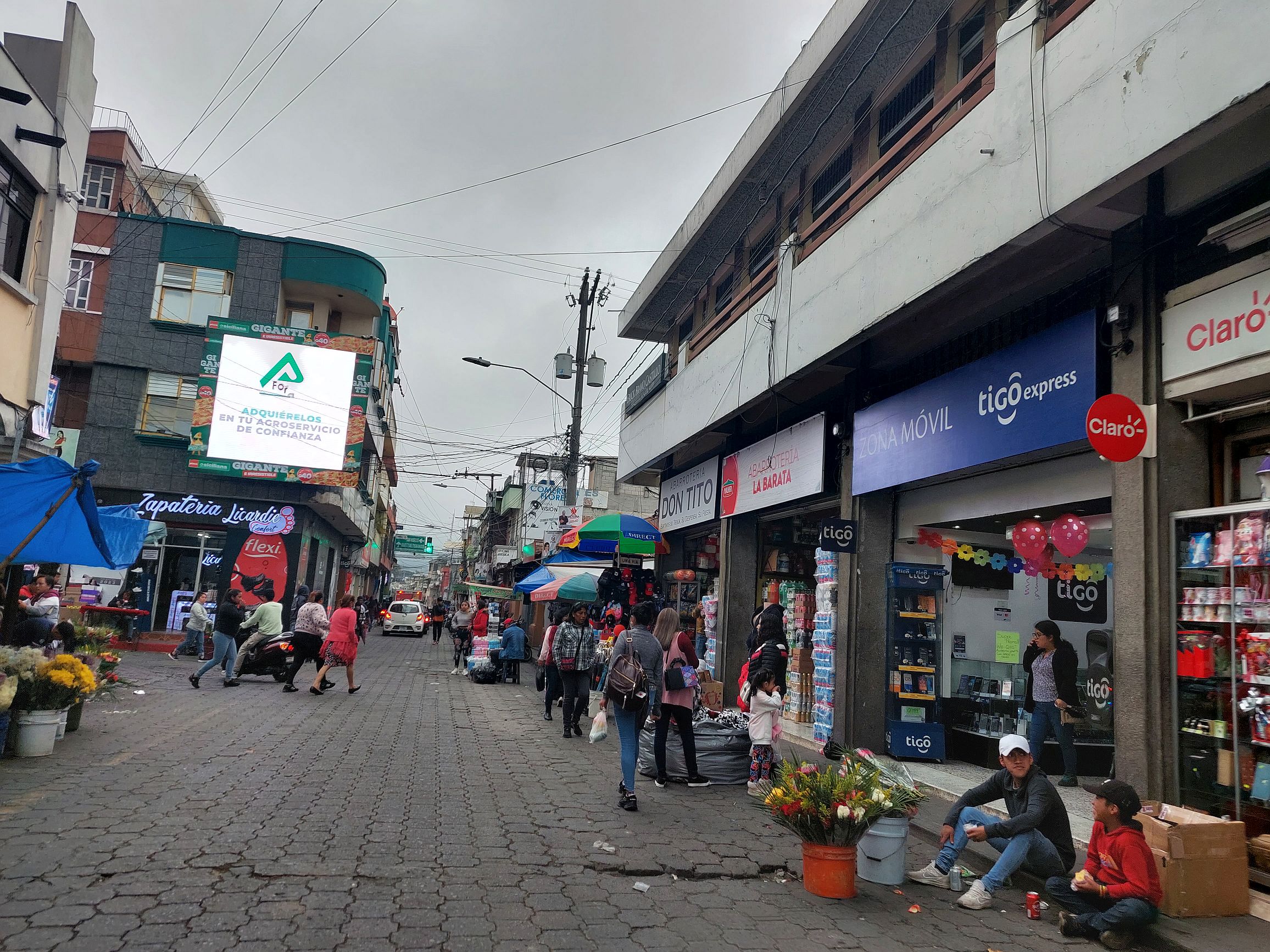
Our Cities for Women programme developed a tool - the Urban Assessment Framework through a Gender Lens – to do just that and applied it to the city of Kampala, with a new report capturing this process.
Women Talking, Kampala Listening offers insights into the lives of women living and working in Uganda’s capital city, their daily struggles with urban infrastructures, and their burdens juggling caregiving and informal economy activities.
It also showcases their resourcefulness and their wish to be adequately supported to attain their full potential and reclaim Kampala as a space inclusive of their voices and needs.
Gender balance is not meant to spoil women and overpower men in their community, but rather to empower them.
Deborah Asikeit, Uganda Country Programme Manager
Cities Alliance has been active in Uganda for more than a decade, working with national and local authorities, development agencies and community-based organizations to design and support a variety of urban operations.
In 2019, the Uganda Country Programme began implementing the Kampala-Jinja Expressway (KJE) “No One Worse Off” project, seeking to address the social and environmental safeguards required for the construction of the KJE in the country’s central and eastern regions.
Within this framework, the Cities for Women Programme organized a citywide laboratory in Kampala, in March 2021, with women from different sectors to assess their level of participation in the city making. The workshop sought to improve gender awareness of city policymakers and local stakeholders, identify obstacles and enablers for women’s engagement in urban governance and planning, and promote women’s active engagement in city governance and planning.
This is a women's space. This workshop is timely as it follows International Women's Day. 60% of Kampala’s population are women, but the women are the most disadvantaged in the public spaces.
Josephine Lubwama Mukasa, Deputy director Gender and Community services, Kampala City Council
The challenges of Kampala’s recent and fast urbanization often disproportionately affect women, in particular in the city’s slums. Too often in fact women living in informal settlements are under-empowered and do not have the opportunity to participate in the city making, and yet they are at the forefront when it comes to taking care of the needs of their families and communities. Despite the Uganda Government’s efforts to improve gender equality and women’s empowerment, women in the country are in fact still confronted with several challenges in their lives. Cultural expectations and gender stereotypes have been found to often play a role in curtailing the freedom of women in the country.
As a woman I appreciate that we now have a political space: for example, in the recently concluded elections we saw a huge percentage of women participating — however, even if the Constitution gave us a platform, there is still a gap.
A female participant to the Cities for Women Kampala workshop
Through the Cities for Women workshop female city residents, representatives from the Kampala City Council Authority, political leaders and civil society organizations came up with key priorities for consideration in designing programmes to improve gender awareness of city policymakers and local stakeholders.
Recommendations included the need to improve housing, safety, and mobility for women in the city, along with measures to boost women’s political participation and strengthen their role in the economy. The results of this engagement will inform ongoing and future Cities Alliance projects in Uganda, including the KJE “No One Worse Off” project, the Cities and Migration Programme, and specific COVID-19 response actions in informal settlements — thus supporting the country in meeting its 2040 Vision goals.
Only by addressing these priorities in strict collaboration with the relevant local policy actors, we will ensure that tackling gender inequalities within Kampala’s urban environment becomes a collective and inclusive effort.





